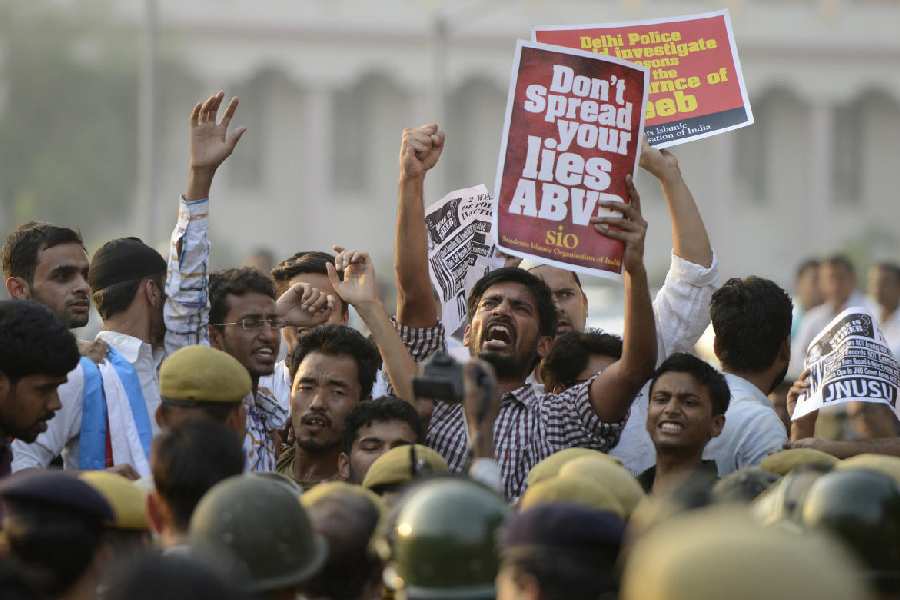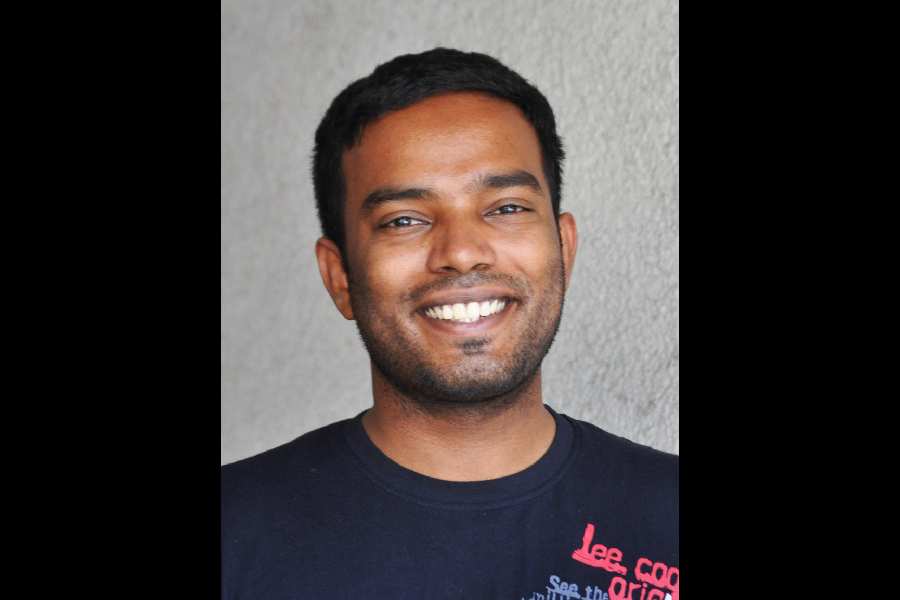As of 2023, India fares poorly on the Academic Freedom Index. This graph, prepared by the Sweden-based V-Dem Institute, considers factors like freedom to research and teach, academic and cultural expression, institutional autonomy etc. It places us along with Rwanda at a score of 0.18. We fare worse than Mauritania, Burundi, Zimbabwe and Palestine. Pakistan stands at 0.52. But if it is any consolation, we score better than socialist Cuba, which ranks at 0.10 or China at 0.07.
Why should academic freedom be of any concern to the public? There are other grave issues that affect millions in India. Farmers’ crisis, water crisis, poverty, unemployment and underemployment, primary education, human rights, federalism, problems facing minorities and underprivileged castes and so on. Amid all this, it might appear that talking about academic freedom is a conceited self-serving exercise, given that the academic community is a miniscule minority in India and is relatively better placed than several others in precarious jobs. Yet, academics alone can provide the expertise that is needed to look at these problems from a broad, interconnected perspective.
When I talk of ‘academia’, I refer to all higher educational institutions that place importance on research. Critical and independent research augments democracies. Good research and impactful publications in STEM or the social sciences can inform government policy and help it improve. Amartya Sen argued that famines did not occur in democracies because, among other things, a free press compels the government to respond to such crises. A free press cannot work with intelligent and committed journalists alone. It also needs to consult experts in sociology, history, political science or economics on matters that affect national interests.

Demonstration - Jawaharlal Nehru University Students' Union (JNUSU)
The space for rigorous intellectual conversation that only a free academia can provide is valuable and this is why Western democracies invest so much in the same. Democratic governments need feedback mechanisms that let them know what approaches to take to present problems and also anticipate problems of the future. The press and the academia are such mechanisms.
Academic research cannot always be policy-oriented. There also needs to be space for research for research’s sake. Indeed, there is much that goes on in the name of research, especially in the humanities, that is frivolous, shallow and needlessly sensational. But having good academic standards can filter this. Censorship is not a
solution. Research in humanities in disciplines like literature, film theory and cultural studies — that capture the complexities of the human experience — enrichen a society.
This doesn’t mean that academic freedom is necessary for a country’s progress. China is a clear example of how a country can become a superpower without troubling itself over inconveniences like freedom of expression. It depends on the path we want to take. With our diversity and intellectual resources, India has the potential to emerge as a power like the USA in Asia and become a global centre for knowledge. For this, the
state needs to embrace, not curtail, our diversity and intellectual resources.
The writer is assistant professor of social sciences, National Law School of India University, Bengaluru, and author of Periyar: A Study in Political Atheism










